Can't Reach Payout? Your Timing & Content May Be to Blame

I was inspired by username: LauraD093's question on Earnings. Link here: and specific question
"I have a question-(if there is a feature for this let me know.) I was wondering what percentage of writers here get pay-outs monthly? I have been here for three years and have never made any money. I've been close several months but never quite hit the mark. That's fine as I have a full-time job and mainly got on hub to learn skills for on-line writing from the best sources which are fellow writers. I understand that some don't like to share this information but just stating yes or no may help newer people to the site to get a general idea of earning potential here." ---LauraD093 question and link here
That said, like Laura, I've been frustrated because I started my hubpages/ online writing a couple of years ago with the idea of doing what I love and being paid for it. Months, turned into years of disappointing earnings and I wonder too, is it worth it? Well duh! Of course it is worth it. The fun and my love of writing; sharing my knowledge and opinions with the world is exciting to my ego. BUT wanting worldly acknowledgement (aka monetary awards) isn't too much to ask for.
Whatever the case I got to thinking and have developed a theory on why some people (like Laura and I) can write interesting content but receive little/ to no monetary attraction. This has been a theory I started formulating a couple of years ago when I published a couple of hubs on hubpages. This specifically applies to HubPages, but my theory can on other content sharing sites (such as Squidoo, Blogger, WordPress, Tumblr, etc.)

My Two Part Theory
I have two points in my theory. First is timing and second is content. Timing means when you first started your blog (such as the year). Not only this but also in context to important social changes in culture. By content, I am referring to the topics you cover. I am also referring to the quality of information. Timing and content in my theory goes hand in hand.
I am excluding factors like marketing, social media presence, and SEO to name a few. These all play a major role in whether or achieve payout or not. Even so, these factors are not my focus. Also again this specifically applies to HubPages, but my theory can on other content sharing sites (such as Squidoo, Blogger, WordPress, Tumblr, etc.).
Timing and Social Media Popularity
In regards to timing, I notice people who have been on HubPages longer seem more successful (aka popular, have more followers, comments, etc.). What I mean by longer is 3 years or more on HubPages with the magic number for HubPages accounts being around 7 years old. This means generally the magic number HubPages accounts would have been created at or a little before 2009. I think this because HubPages started in 2006 and social media (mainly Facebook, blogging, YouTube) became UBER popular around 2008/2009.
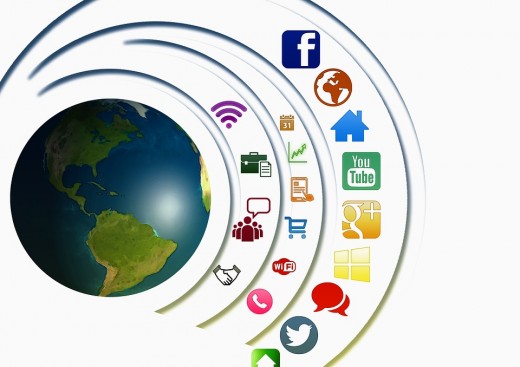
Social Media Timelines
A couple of quick facts that support my theory:
HUBPAGES
- HubPages started in 2006, Wikipedia paged linked here
- "On December 7, 2013, the website published data that showed that the website consisted of 910,106 "Hubs" (magazine-style articles on a specific topic), 73,969 published users, and 2,498,967 forum posts." quote on HubPages Wikipedia page. This all happened in 7 years.
SQUIDOO
- Squidoo started in 2005, Wikipedia page linked here
- Facebook was founded in 2004 but in 2006 Facebook opened it's doors to everyone at least 13 years old and allowed them to create a profile with a valid email address. In 2012, Facebook began public stock trading. Wikipedia page linked here
- "Traffic to Facebook increased steadily after 2009. The company announced 500 million users in July 2010[48] making it the largest online social network in the world at the time" quote and information pulled from Facebook Wikipedia page.
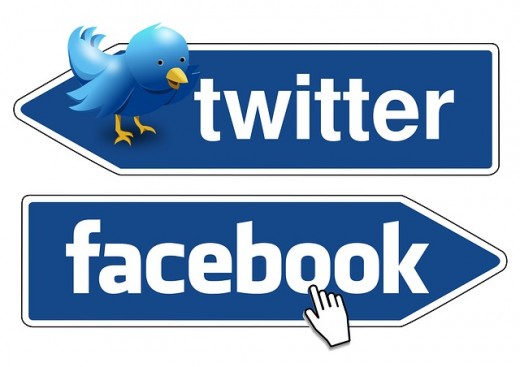
Social Media Timelines (cont'd)
TUMBLR
- Tumblr started in 2007 Wikipedia page linked here. In 2012 Tumblr got its first major brand advertising campaign with Adidas. Also in 2013 Tumblr was acquired by Yahoo!.
- Twitter started in 2006 Wikipedia page linked here. Popularity increased rapidly in 2007.
MYSPACE
- Myspace started in 2003 Wikipedia page linked here. Quotes from Wikipedia:
- "By late 2007 and into 2008, Myspace was considered the leading social networking site, and consistently beat out main competitor Facebook in traffic.......On April 19, 2008, Facebook overtook Myspace in the Alexarankings"-- Wikipedia
YOUTUBE
YouTube started in 2005 Wikipedia page linked here
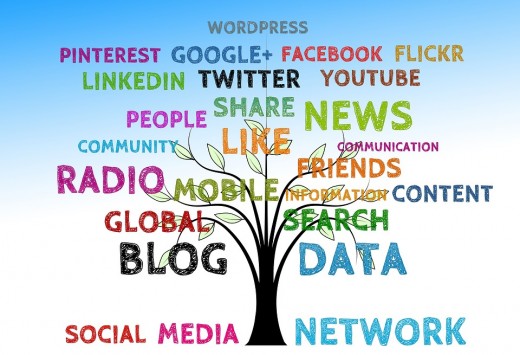
Timing and Social Media Popularity (cont'd.)
As you notice from my information; the start of HubPages coincided with the beginnings of many social media networks. HubPages, Squidoo, are all siblings born from the same internet family. Not only this but I believe that the helped the chances for payout, and building an audience.
My reasoning for this is inspired by two quotes:
- "The early bird gets the worm"
- "First come, first serve."
The Internet was going through transformation and essentially a social revolution. This transformation consisted of user-generated content and the act of sharing. Blogs and user generated content then pretty much went through beta testing of the social media potential we see today. Plus if you think about the competition and the economics model of supply and demand. Less supply, less competition and demand. More supply, more competition and demand. This can be applied to internet traffic. To quote Ibn Taymiyyah:
If desire for goods increases while its availability decreases, its price rises. On the other hand, if availability of the good increases and the desire for it decreases, the price comes down.” — Ibn Taymiyyah,
I also apply the quotes above in terms of loyalty. It takes a long time to build trust and loyalty for your internet readership.This is because blogging back then wasn't as common as it now. There was fewer information and content, so whatever information that was out there then was cherished and in time trusted.
The rise of social media and the popularity that followed afterwards greatly helped HubPages Users during those times (from 2009-2013). I discovered HubPages in 2013 and started a niche page on Astrology. I soon realized I had stiff competition in terms of loyalty. I certainly remember the first astrology blogs and sites I went to and after all these years I still consider myself a loyal reader.
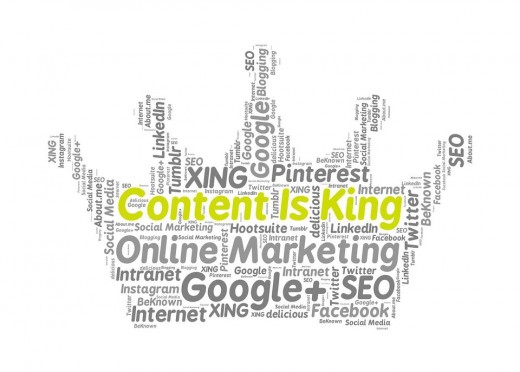
Content is King! Not all Content is Created Equal
Content, the second part of my theory is also the most important part of my theory. High quality content that is engaging, interesting, grammar correct, and follow HubPages guidelines are all good. But these are not guaranteed payout queens. In the game of internet writing; not all content is created equal. These are my observations
These Content and Topics don't do well (in terms of traffic):
- Personal stuff (poems, short stories, opinion pieces)
- Uncommon and very niche topics (astrology, metaphysics, occult, spirituality )
- Taboo topics
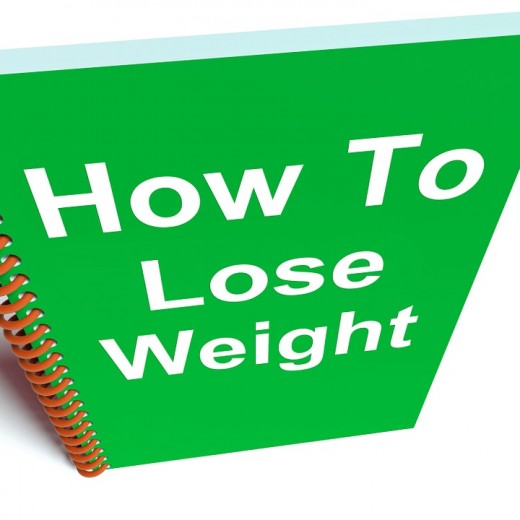
Content is King: Good Topics
The Content and Topics that do well includes:
- Food recipes (especially vegan and vegetarian)
- Gaming and Electronics (specifically the latest games, consoles, electronics, technology)
- Timeless Beauty and Fashion Tips
- DIY, How to's Craft Projects and Home Remedies Solutions
- Home improvement, Design and Repair
- Fitness and Health Topics (specifically weight loss, health problems and concerns)
- Animals, pets, and pet care
- History (in terms of the past and also in terms politics and current events)
- Relationships and Social Issues
- Unique and Random Facts
The Differences between Good and Not So "Good" Content
What is the difference between good and not so good content? What separates the two?
One important factor is that the writing and topic must connect and relate to the reader in some way. Even if you do write on more unpopular or taboos topics if can find a way to connect to the reader then you will see results. People are drawn to confident and bold writing, and even if they don’t agree to it, they will take interest. It also has to be presented in a way that is new, refreshing and authentic. It's a bit hard to do these things, but if you think of the reader and who can benefit from your writing, it helps.
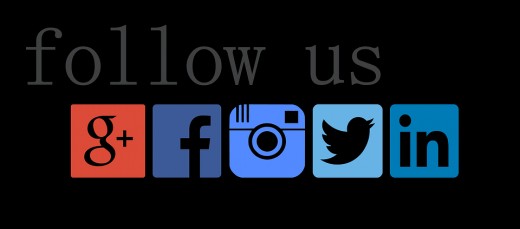
My Theory
Timing
| Content
|
|---|---|
2009-2013, that coincides with the rise in popularity of social media
| Quality, Good Topics, Good Catchy Titles and Descriptions
|
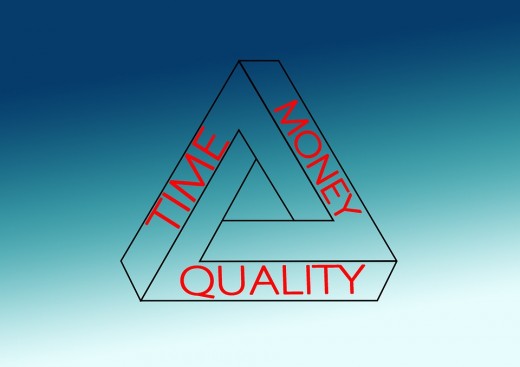
What Factor has been the most important for Achieving Payout?
Content is King: Titles and Descriptions
The title for your hub is also is very important. It can even be more important than your topic. Descriptions are also very important (especially if you are SEO/Google Adwords savvy).
Whatever the case the title and descriptions needs to be descriptive, catchy, concise and clear.
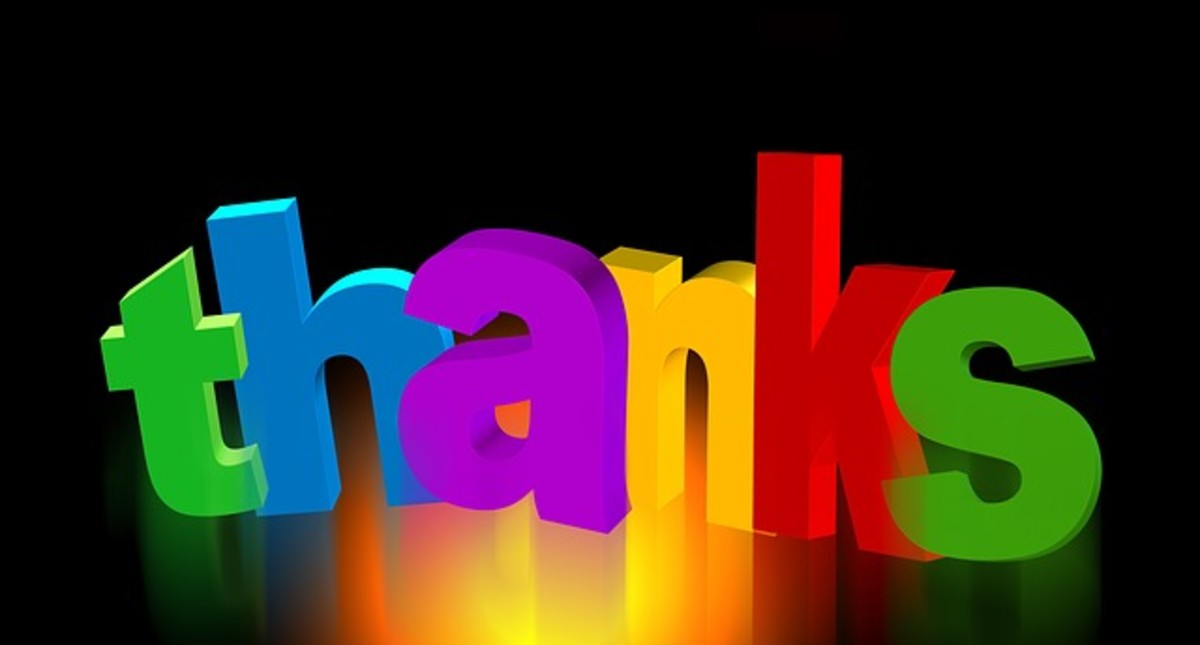
Conclusions and Disclaimer
Nothing in life is guarantee, some things that work for others, may not work for you and vice versa. Hard work, focus on quality, and constantly striving to improve are the most important things involved in writing.
Lastly this isn't a hub about being butt-hurt, making excuses or claiming HubPages system is rigged. If that was the case I would've stopped writing astrology hubs or quit HubPages all together. It's simply my observations after 3 years on HubPages. I hope these observations and my theory is helpful.
Anyway, the most important thing to remember is to enjoy your time writing. Not only this but to continue to learn, improve and develop your writing style. Anyway I hope you enjoyed this. :) Thanks for reading.
Disclaimer: These are my opinions, my observations are all apart of a ongoing working theory. I am open to hearing your own suggestions and theories :)



